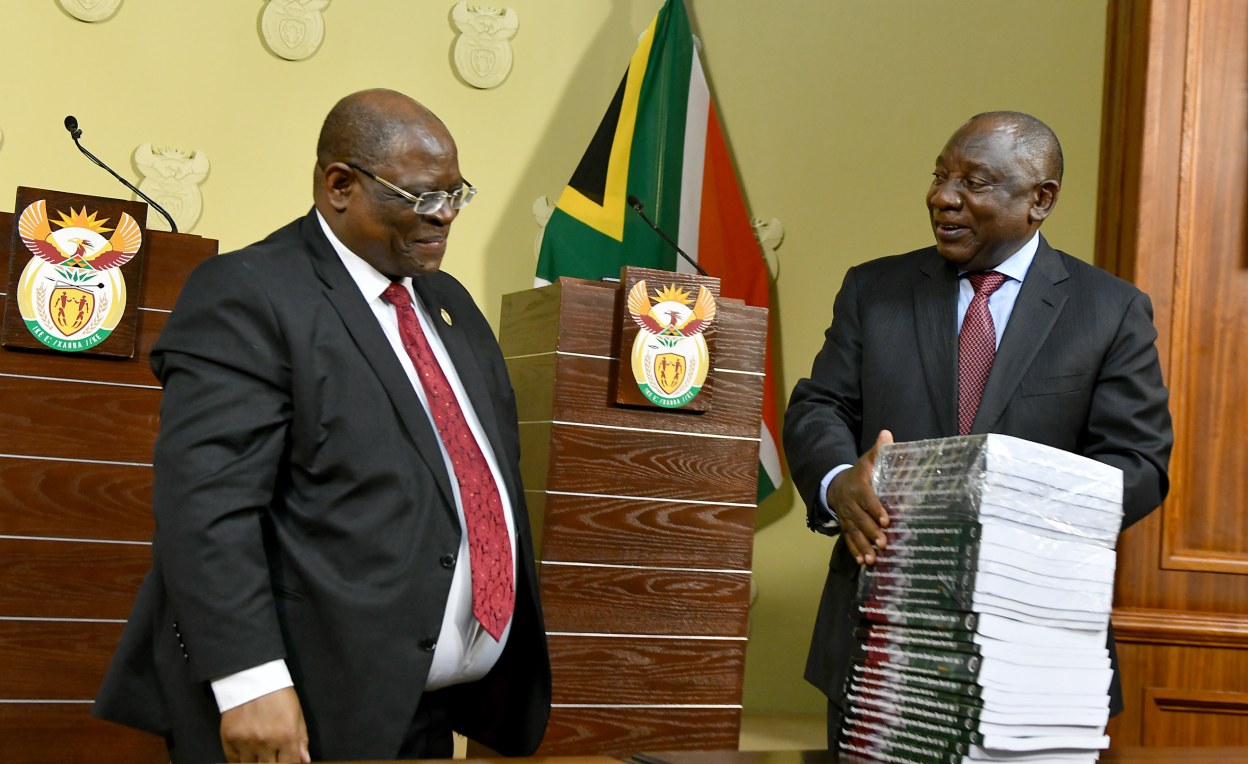South Africa debates amnesty for State corruption offenders
In 2019, President Cyril Ramaphosa, estimated that the corruption - which South Africans call "state capture" - cost the country more than 500 billion South African rand (more than U.S.$25 billion).

South Africa's government is struggling to get to grips with the massive hijacking of state resources for private benefit which occurred especially under the administration of former President Jacob Zuma.
In 2019, his successor, President Cyril Ramaphosa, estimated that the phenomenon - which South Africans call "state capture" - cost the country more than 500 billion South African rand (more than U.S.$25 billion).
Ramaphosa recently outlined how his administration intends to implement the recommendations of a judicial commission of inquiry which spent four years probing the corruption. What is set to become a landmark trial of some of those allegedly responsible for the most egregious corruption will begin next year.
The country's prosecutors have pledged to implement the measures Ramaphosa spelled out. But the undermining of the effectiveness of law enforcement agencies which was part of the state capture project of the previous administration raises doubts over whether the government has the capacity to deal with all the miscreants.
In the face of this challenge, some leading figures - including the government ombudsman who first exposed the Zuma administration's corruption and recommended the establishment of the judicial commission - have suggested that amnesties should be offered to those willing to come clean and pay back the proceeds of their corruption.
In a detailed discussion of the proposals, Karam Singh and Tharin Pillay, writing in New Agenda, consider whether the country would be better served by granting amnesties or developing new, stronger and more effective measures for dealing with the corrupt.


